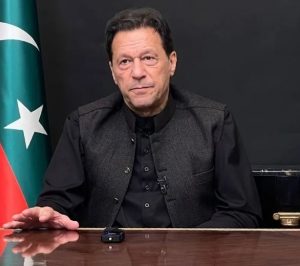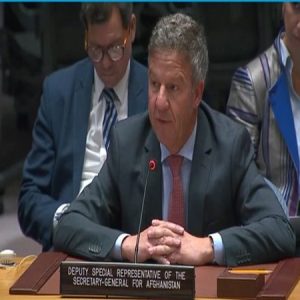Despite the Taliban’s request for an extension until November 1, no such concession was granted…reports Smruti S Pattanaik
Pakistan’s Caretaker Minister for Interior, Senator Sarfraz Bugti, declared the Illegal Foreigners Repatriation Plan on October 3, setting a deadline of October 30 for Afghan refugees and foreigners with expired visas to return to Afghanistan.
Failure to comply could result in deportation or imprisonment. Despite the Taliban’s request for an extension until November 1, no such concession was granted, the Kathmandu Post reported.
This move has reignited the regional debate on illegal/undocumented migrants and refugees, with questions arising about the terminology used to describe them. The deportation order has been enforced using the 1946 Foreigners Act, targeting Afghans who do not leave by the deadline.
The Kathmandu Post report traces the historical context of Afghan refugees in Pakistan, dating back to the Soviet-Afghan War, and highlights how they served Pakistan’s strategic interests. However, recent internal security concerns, including terrorist attacks involving Afghan nationals, have prompted Pakistan’s decision to expel undocumented refugees. The Human Rights Commission of Pakistan has criticized the move, terming it “ill-considered.”
As the deportation unfolds, reports indicate arrests, family separations, and alleged bribery by law enforcement agencies. The Human Rights Commission of Pakistan has called for a halt to the repatriation, emphasizing the potential humanitarian crisis facing those forced to leave.
The tension between the Taliban and Pakistan, particularly on terrorism-related issues, underlies this expulsion. The decision may exacerbate Afghan-Pakistan tensions and is unlikely to serve as a solution to Pakistan’s internal security challenges.













